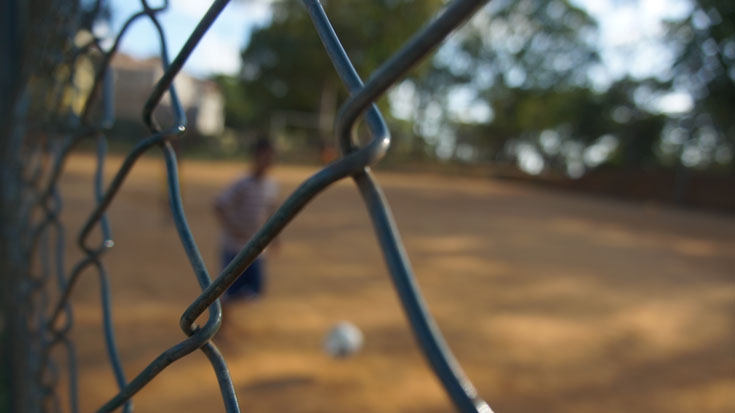The green and yellow team, which will play the opening match against Croatia at the 2014 World Cup next Thursday, is the most visible part of a sport as unequal as the society it represents.
Brazilian elite soccer players are young and globalized: 17 of the 23 players convened are playing in the Cup for the first time, and 18 play in foreign leagues. The team has the highest market value of those participating in the World Cup, at over US$ 700 million, according to Pluri, a sports marketing consultancy.
Success stories like those of Dani Alves and Neymar Jr. – and others who were born poor and became rich on the soccer field – are a source of inspiration for millions of Brazilian youth who try to follow in their footsteps. There is a problem, however.
"For those with talent and luck, soccer is undoubtedly a way out of poverty, but only a minority succeed,” says Luis Fernando Restrepo, a Colombian sportscaster with DirecTV.
That minority –soccer players who earn more than 20 monthly minimum wages (US$ 6,380) – accounts for just 2% of the nearly 31,000 players registered with the Brazilian Soccer Confederation in 2012. Close to 25,000 players (82%) have a monthly income below two monthly minimum wages (US$ 638).
By contrast, in the rest of society, the proportion of workers earning less than two monthly minimum wages is 68%, according to the Brazilian Geography and Statistics Institute (IBGE).
"Brazilians’ income continues to be low overall. Surprisingly, in the case of soccer players, it is even lower,” says Claudia Baddini, a World Bank social protection expert.

